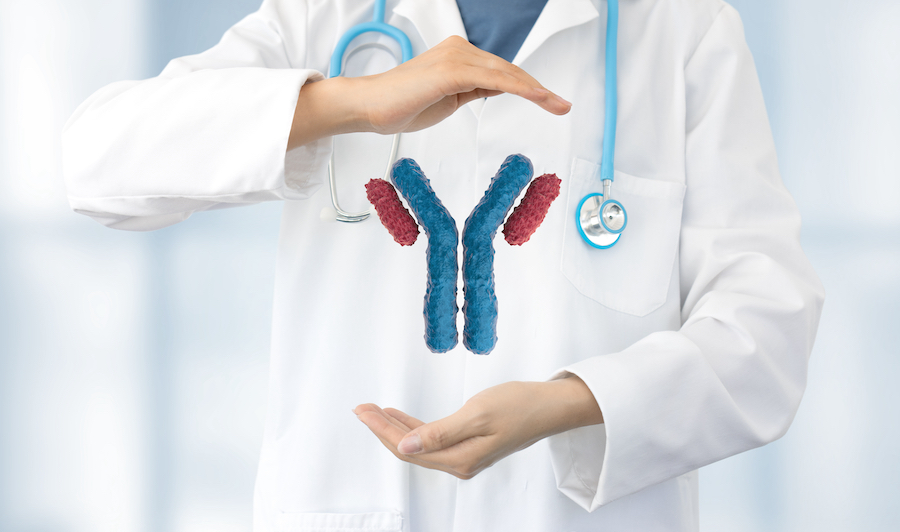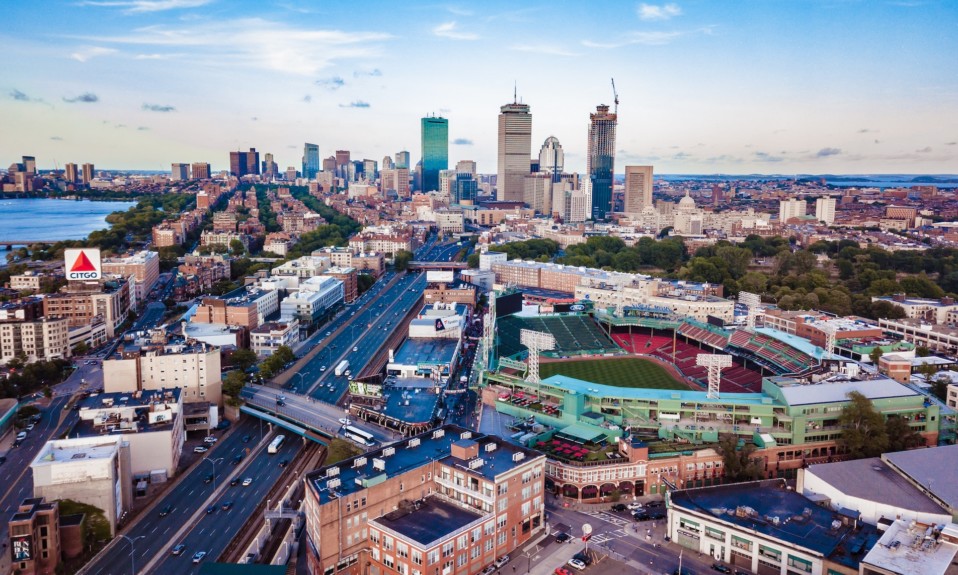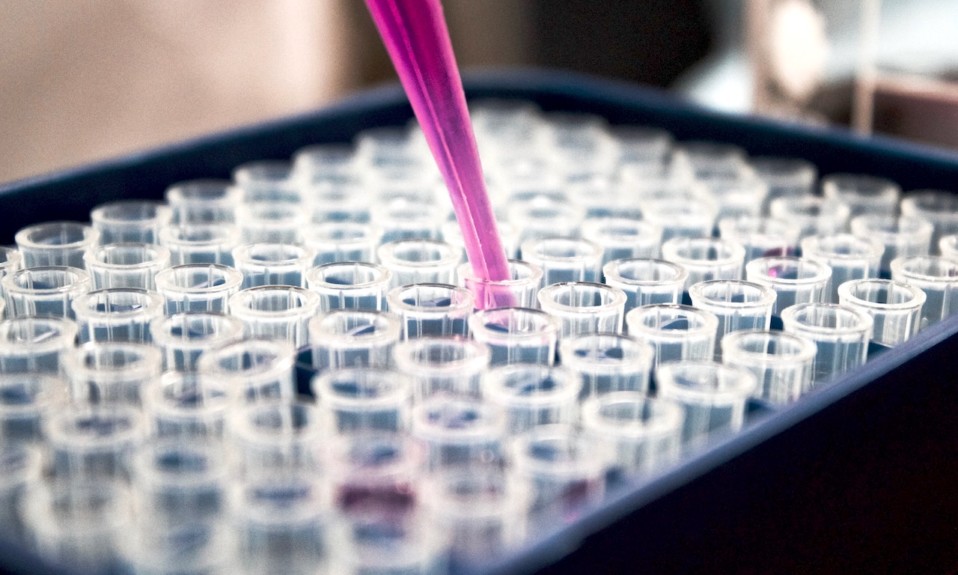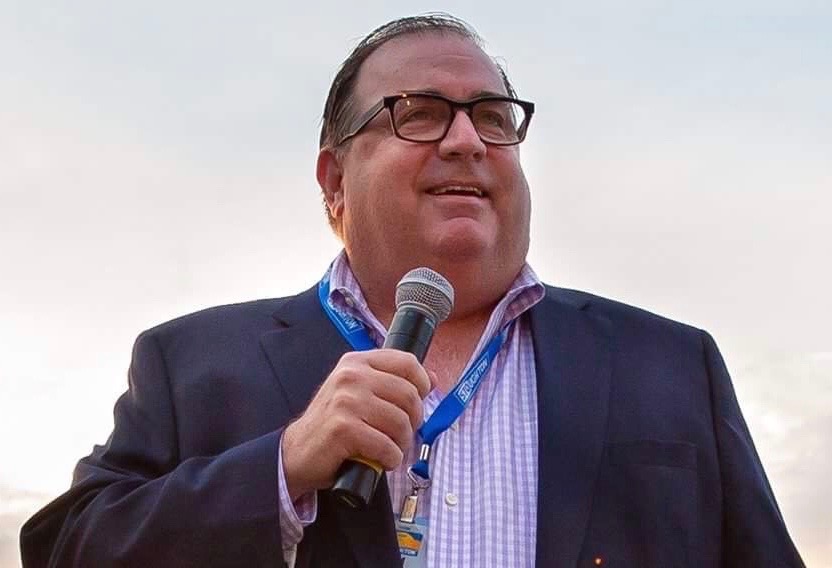A weekly roundup on the latest research and news in addiction, treatment, medicine and science
By William Wagner
November 24, 2020
On Election Day, Nov. 3, 2020, Oregon passed a measure decriminalizing possession of small amounts of Schedule I-IV drugs, including heroin, cocaine and methamphetamine—and it has since caused quite the stir in treatment circles. Some public health experts have praised it; others have scorned it. In addition to the Oregon development, we touch on the potential of AI to detect early opioid use disorder (OUD), how COVID-19 has complicated the battle against stimulant abuse, and a randomized clinical trial on the efficacy of psilocybin in treating major depressive disorder (MDD).
If individuals who become addicted to substances…do not have access to adequate treatment, the new approach will have failed.”—Kevin Doyle, LPC, LSATP, professor, Counselor Education program, Longwood University, Virginia
From STAT:
Drug Decriminalization: The Pros and Cons
With more than half the U.S. states having decriminalized possession of small amounts of marijuana (meaning criminal penalties have been greatly curtailed), the war on drugs appears to be waning. No state, however, has gone further than Oregon, given its recent decriminalization of small amounts of Schedule I-IV drugs.
Treatment professionals are mixed about whether Oregon’s bold step into the future is a good or bad development. At least on the surface, it signals a pronounced move toward viewing drugs through a public health rather than a criminal lens, which will result in users receiving treatment instead of jail time. But as STAT asks, will the public health thrust actually take hold? “If individuals who become addicted to substances, or whose use results in significant disruption to their lives, do not have access to adequate treatment, the new approach will have failed,” reads the STAT article, written by Kevin Doyle, LPC, LSATP, a professor in the Counselor Education program at Longwood University in Virginia. “If we continue to look at people with substance use disorders as weak-willed, of poor moral character, or underserving of assistance for having brought a problem on themselves, then little would have been gained.”
From Pharmacology Research & Perspectives:
Can AI Detect Early OUD?
It seems almost too good to be true: a tool that detects opioid use disorder (OUD) before it becomes ruinous. Well, a new study out of Israel, published in Pharmacology Research & Perspectives, shows promise in this area. Researchers analyzed 10 million medical insurance claims from 2006 to 2018 as a means of developing “a prediction model and algorithm” that could diagnose OUD at its early stages. They claim “the new algorithm offers a mean 14.4 months reduction in time to diagnosis of OUD.”
From Addiction Professional:
COVID and the Stimulant Surge
During last weekend’s virtual Cocaine, Meth & Stimulant Summit, Deni Carise, Ph.D., chief science officer for Recovery Centers of America, outlined how COVID-19 has thrown a monkey wrench into treating stimulant abusers. Even before the pandemic, stimulants had taken a mighty toll on Americans over the past decade; for example, cocaine-related overdose deaths had more than tripled since 2012. During the pandemic, according to an Addiction Policy Forum survey, there has been a marked disruption in the treatment chain. Carise underscored the importance of providers rising to meet the increased need in treatment support, despite pandemic challenges.
From JAMA Psychiatry:
Psilocybin as a Depression Therapeutic
For some in the behavioral health community, treating major mood disorders, or MDD, with the psilocybin psychedelic compound remains a dubious proposition. But a recent clinical trial, the results of which were published in JAMA Psychiatry, indicates that it just might work. Researchers concluded, quite simply, that “psilocybin-assisted therapy was efficacious in producing large, rapid, and sustained antidepressant effects in patients with major depressive disorder.” The trial took place at the Center for Psychedelic and Consciousness Research at Johns Hopkins Bayview Medical Center in Baltimore from 2017 to 2019.














